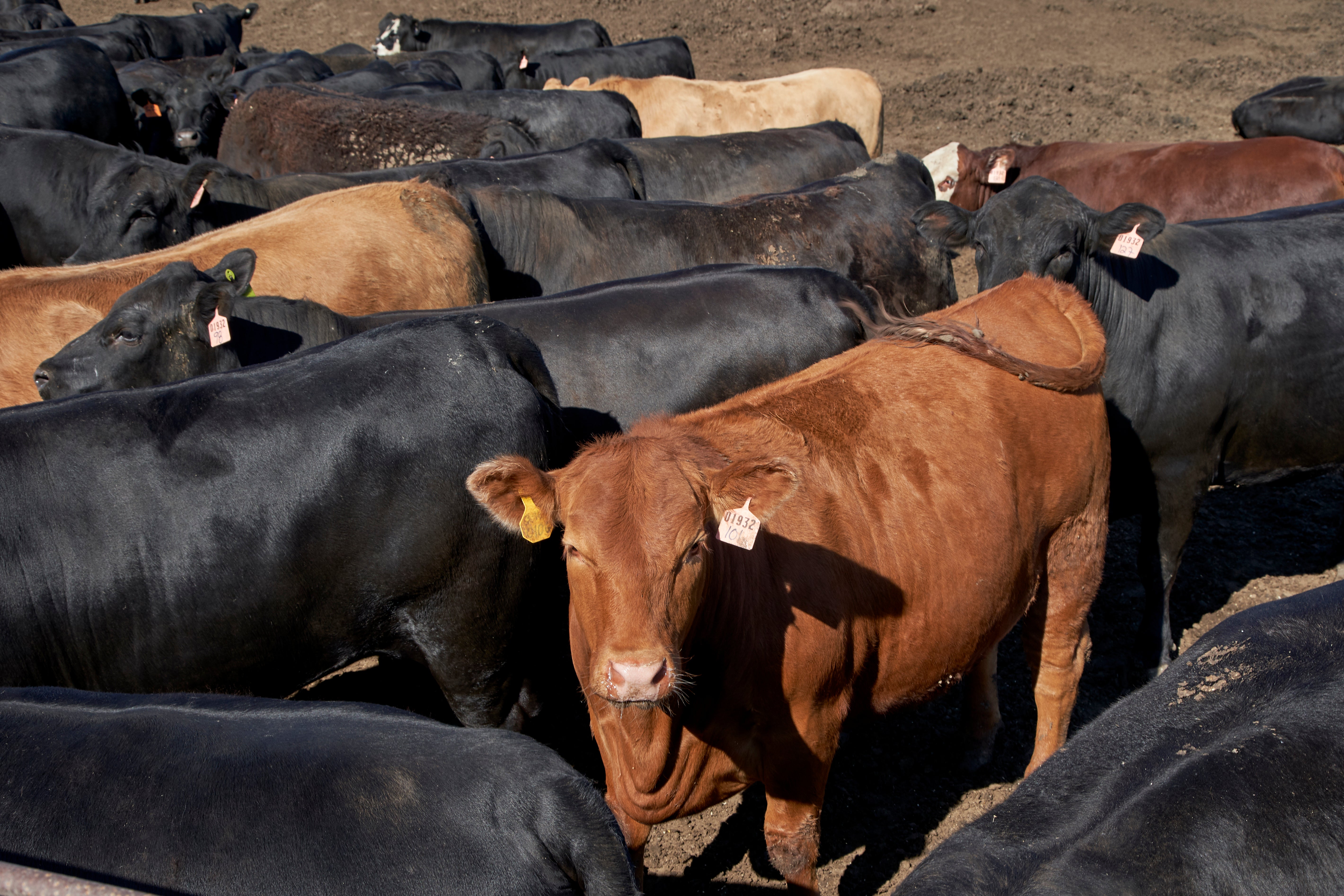Brazil suspends beef exports to China after reporting two ‘atypical’ mad cow disease cases
Brazil is the world’s largest exporter of beef

Your support helps us to tell the story
From reproductive rights to climate change to Big Tech, The Independent is on the ground when the story is developing. Whether it's investigating the financials of Elon Musk's pro-Trump PAC or producing our latest documentary, 'The A Word', which shines a light on the American women fighting for reproductive rights, we know how important it is to parse out the facts from the messaging.
At such a critical moment in US history, we need reporters on the ground. Your donation allows us to keep sending journalists to speak to both sides of the story.
The Independent is trusted by Americans across the entire political spectrum. And unlike many other quality news outlets, we choose not to lock Americans out of our reporting and analysis with paywalls. We believe quality journalism should be available to everyone, paid for by those who can afford it.
Your support makes all the difference.Brazil has suspended beef exports to its largest market China after two cases of “atypical” mad cow disease were confirmed in meat plants of two states.
The ban began immediately, the agriculture ministry of Brazil, the world’s largest exporter, announced, adding that China will decide when to lift the temporary ban.
The ministry said that the two cases, found in states of Minas Gerais and Mato Gross, were “atypical” since the disease first appeared “spontaneously and sporadically, unrelated to the ingestion of contaminated food”.
Commonly referred to as mad cow disease, Bovine spongiform encephalopathy (BSE) is a progressive neurologic disease in cows which get infected after eating feed contaminated with parts of another cow that was sick from BSE.
The ministry said they were the fourth and fifth cases of “atypical” mad cow disease in 23 years and there was “no risk to human and animal health”.
It said the two cases were found during inspection before the animals were slaughtered.
“Brazil has never recorded a classic case of BSE,” said the ministry, adding that it has officially notified the World Organization for animal health.
World animal health authorities do not include occurrence of atypical cases in BSE in assessing a country’s risk status, the agriculture ministry added.
“In this way, Brazil maintains its classification as a country with an insignificant risk for the disease, not justifying any impact on the trade of animals and their products and by-products,” it added.
Brazil is the world’s largest exporter of beef, generating sales of $2.4bn between January to July this year, marking an increase of 13.8 per cent, according to the Brazilian Meat Exporting Industry Association.
Meanwhile, China is the world’s largest importer, marking an 18 per cent increase year-on-year.
In June 2019, Brazil temporarily halted its exports of cattle to China after a BSE case was detected in a 17-year-old cow.
The disease was first detected in the UK in the 1980s, causing alarm in the beef industry after its cases spread in many countries in Europe and elsewhere. A total of 177 people died in the UK in the 80s and 1990s after contracting the human variant of the disease, known as Creutzfeldt-Jakob disease.
Join our commenting forum
Join thought-provoking conversations, follow other Independent readers and see their replies
Comments